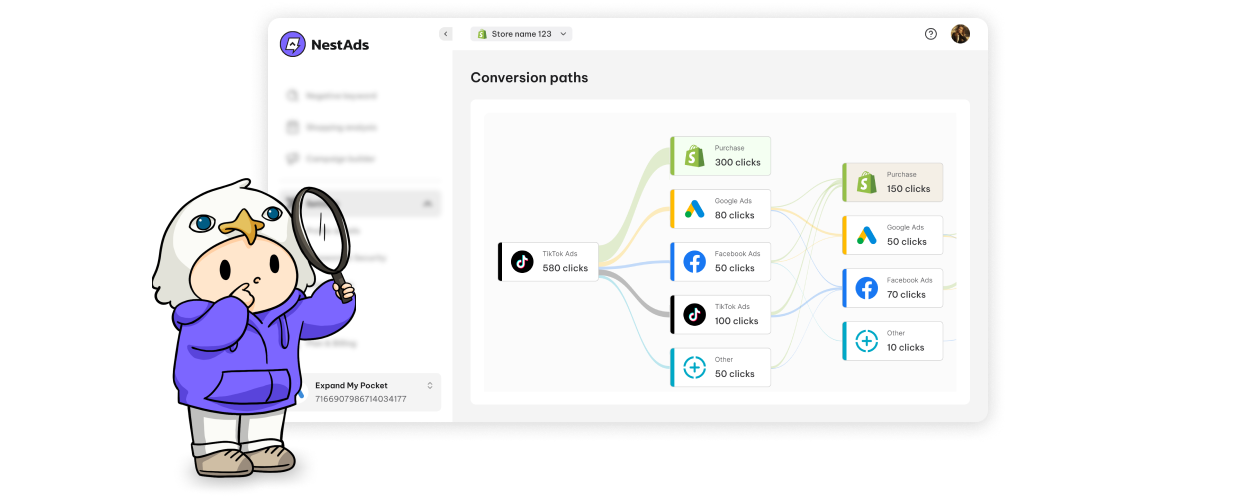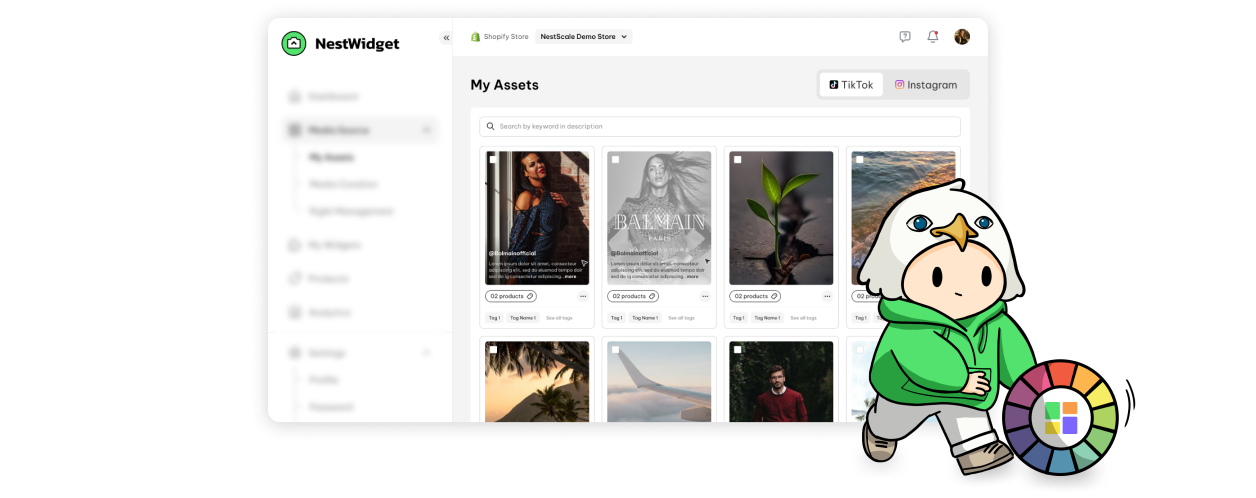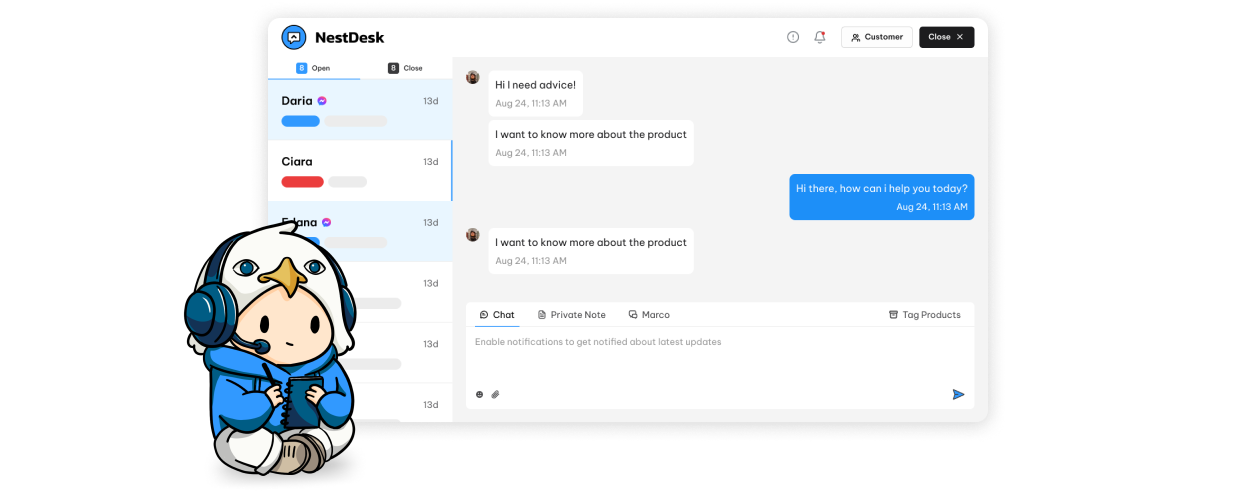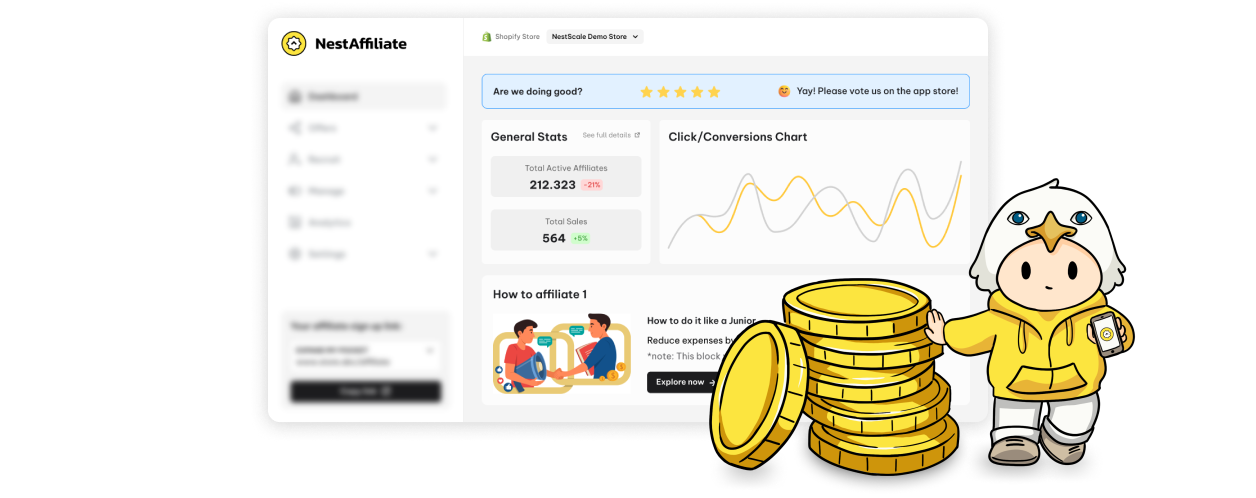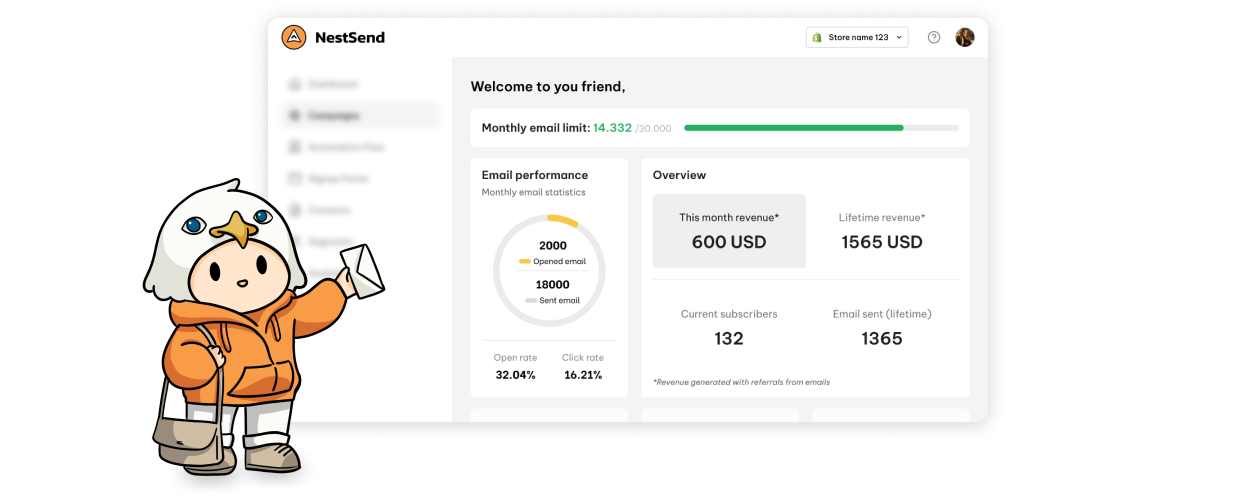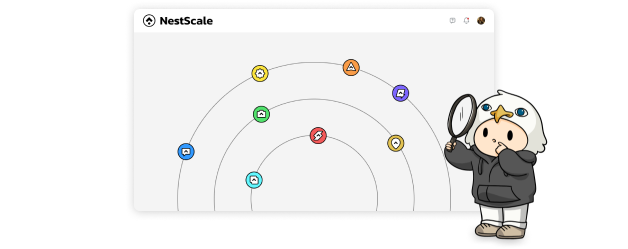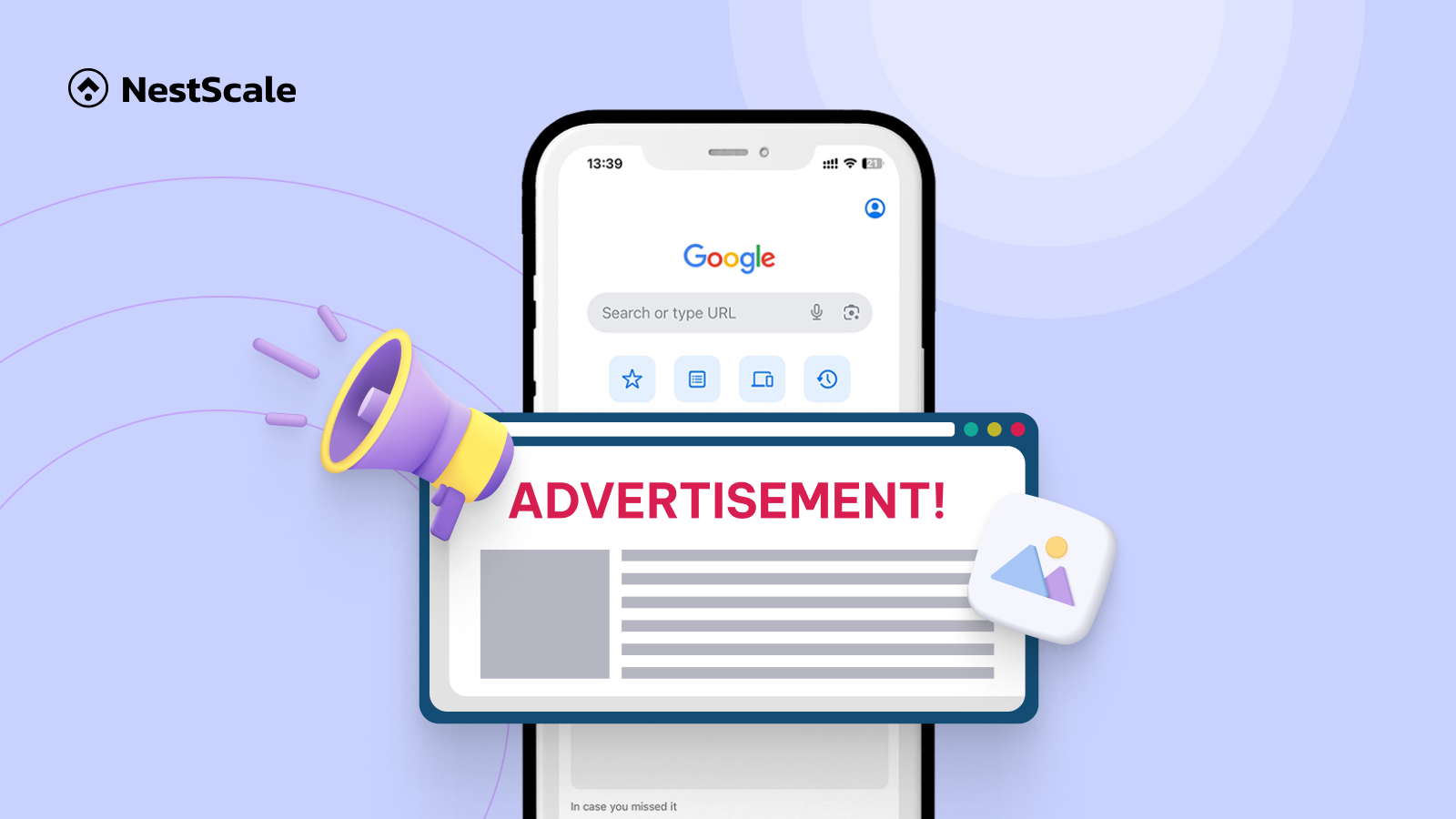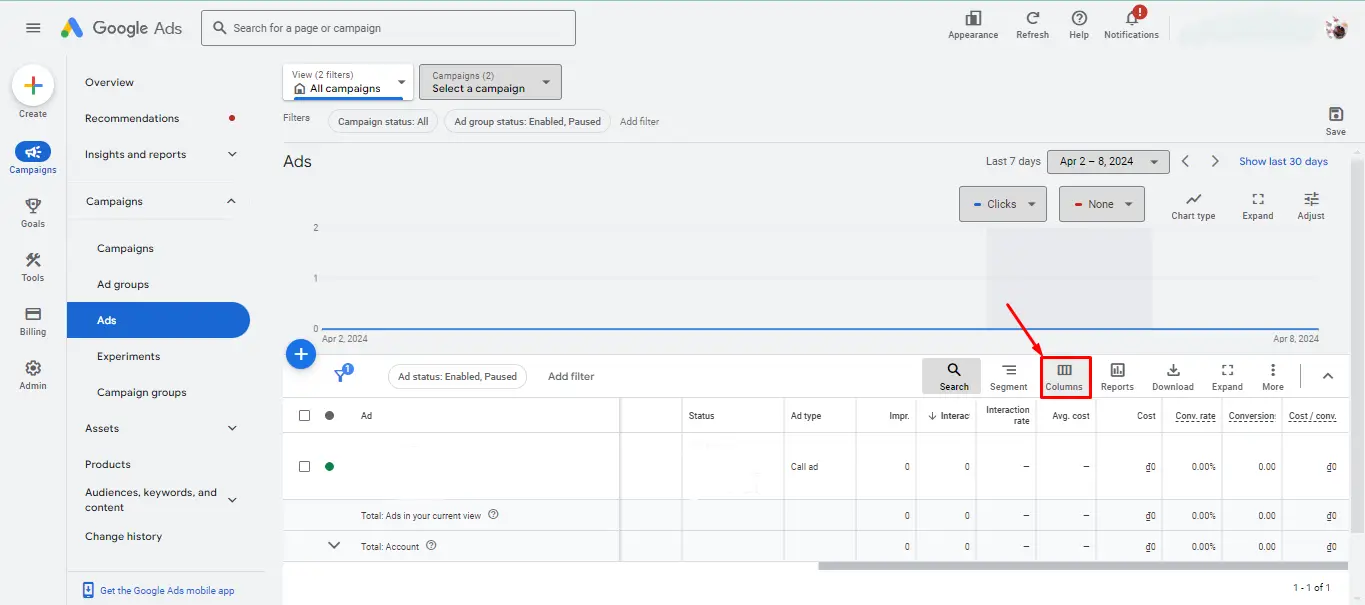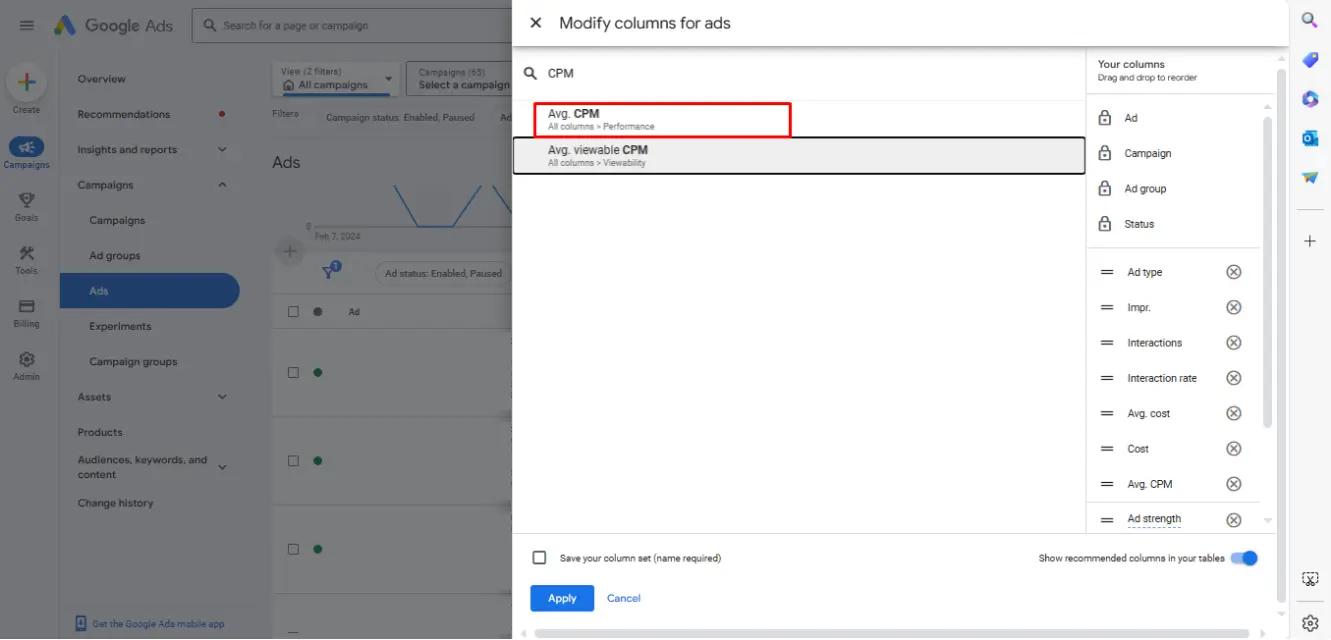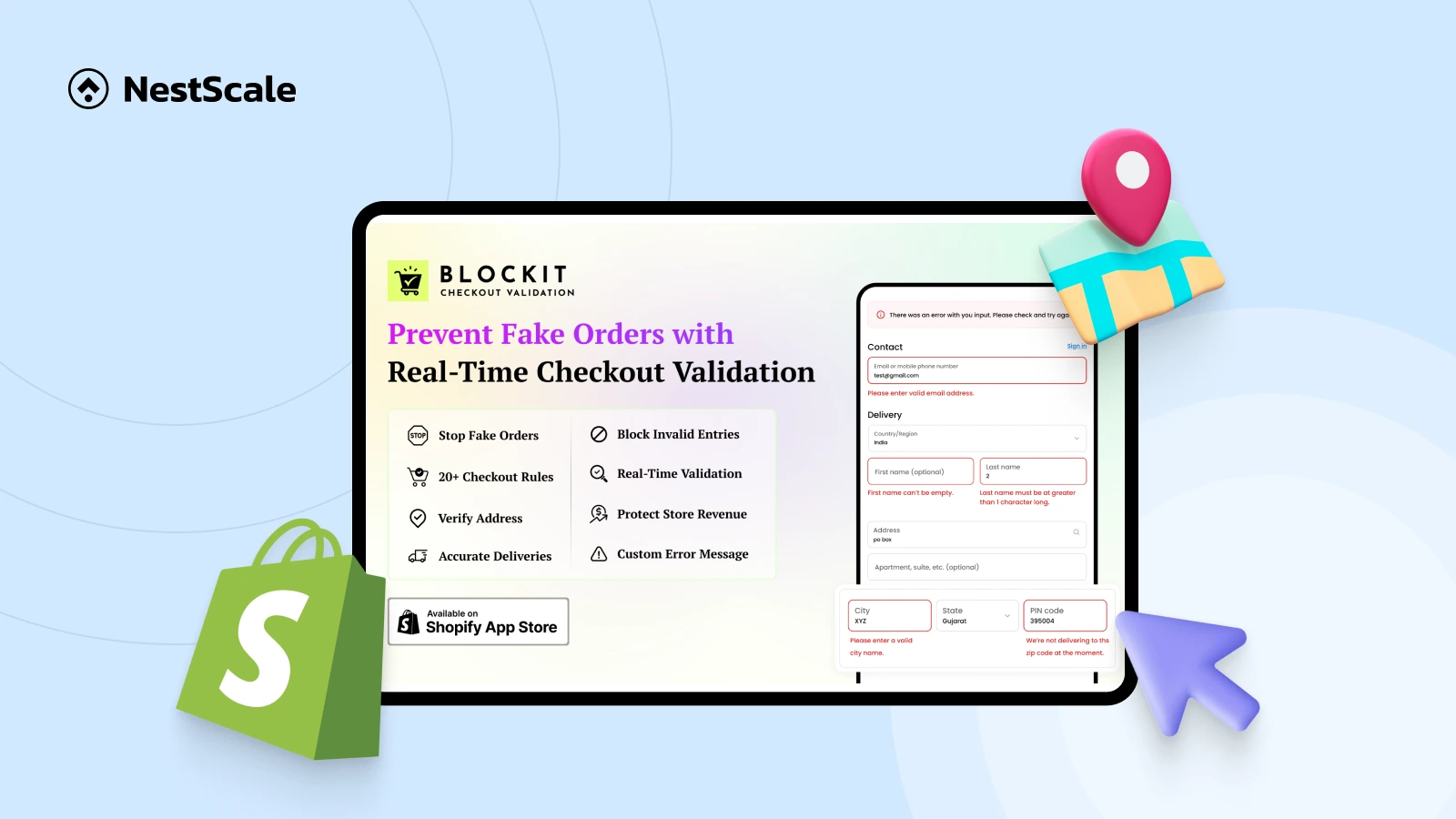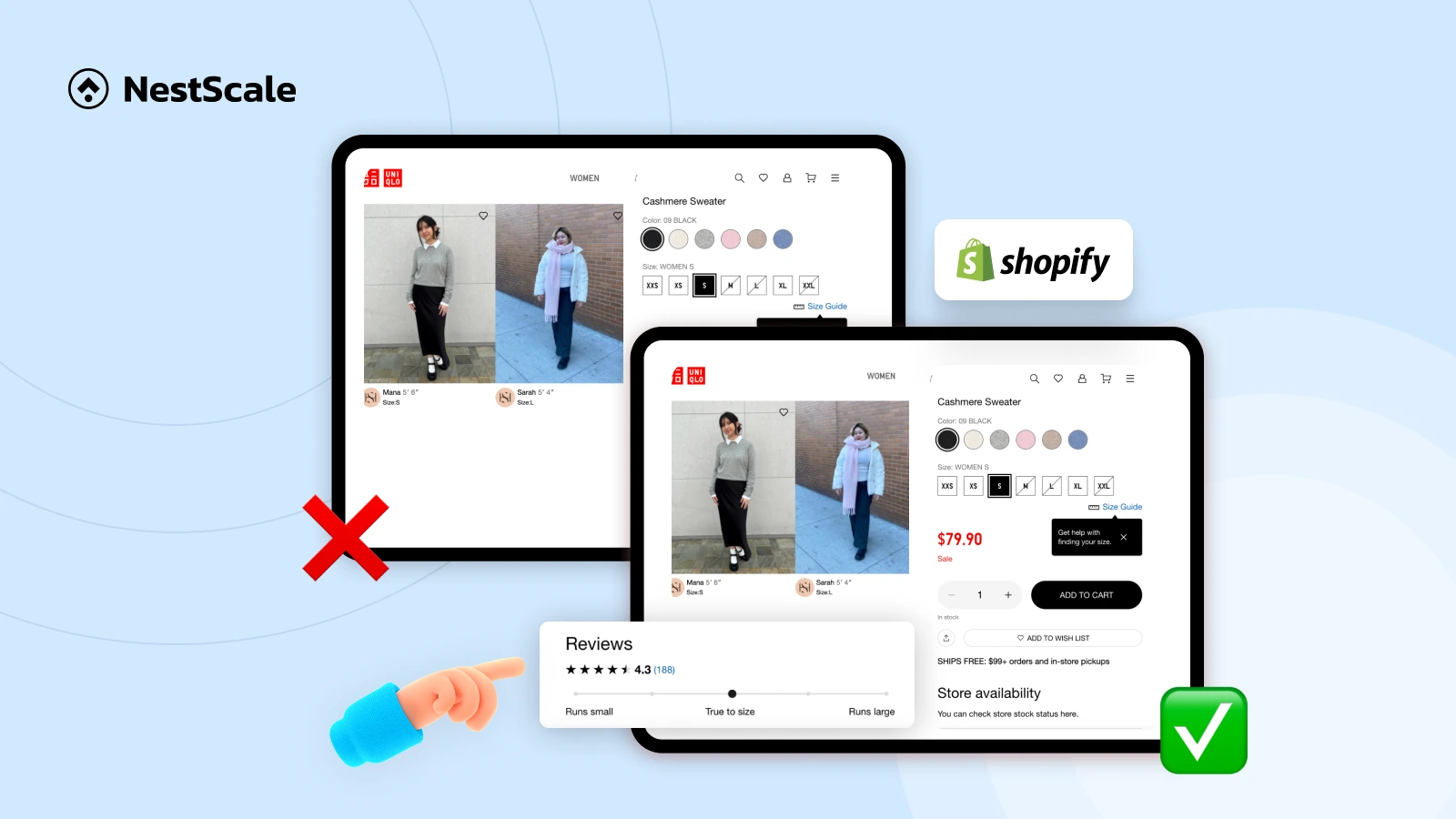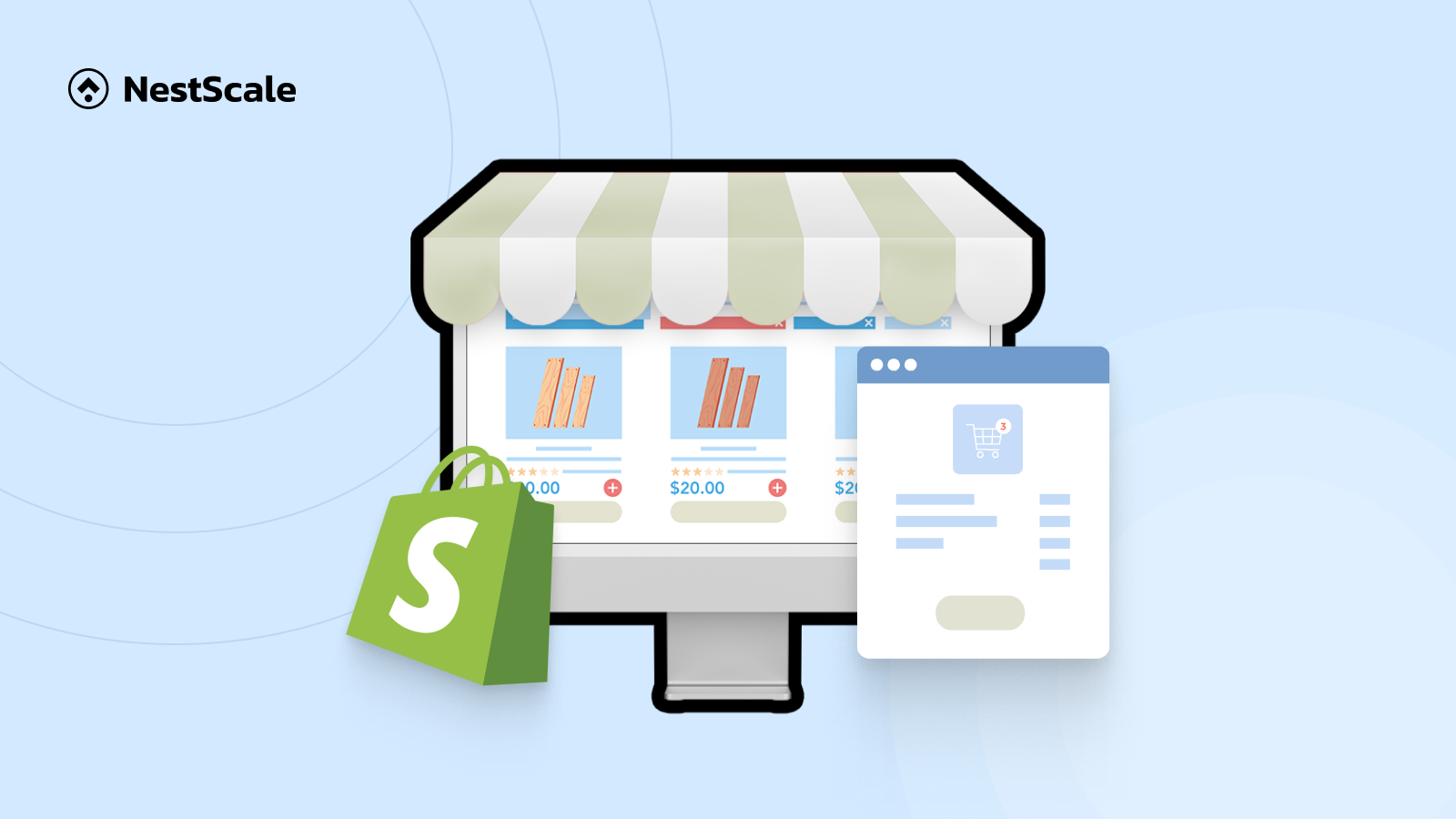Welcome to our guide, where we make digital advertising simple and effective! In this journey, we’ll explore Cost Per Mille Google Ads, a key metric for online success. Whether you run a business or create content, we’ve got you covered. We’ll break down CPM Google Ads from the basics to practical tips, ensuring you grasp every step. Learn how to make the most of your budget, reaching your audience without overspending. Let’s transform confusing jargon into clear, actionable strategies.
Get ready to boost your online impact without the confusion – together, we’ll make digital advertising work for you!
What is CPM in Google Ads?
Whether you’re a seasoned advertiser or a newcomer just dipping your toes into the world of online marketing, you’ve likely come across the term “Cost Per Mille” or CPM. CPM stands as one of the most popular and indispensable metrics for assessing campaign performance. Given its pivotal role, it’s imperative for marketers to have a solid grasp of what CPM entails and how it operates. So, before diving into the details, let’s start with the basics: What exactly is CPM in Google Ads, and what are its various types?
CPM Google Ads meaning
CPM Google Ads, short for “Cost Per Mille,” also known as “Cost Per Thousand Impressions” Google Adwords represents the cost an advertiser pays for 1,000 ad impressions on a webpage. And in this case, impressions refer to the number of times users see an ad. CPM is a widely used metric in digital marketing, offering advertisers a way to evaluate the efficiency of their ad campaigns. It provides a standardized unit for comparing different ads or campaigns, enabling marketers to optimize their strategies.
How to see your average CPM in Google Ads?
Google Ads CPM is one of the metrics that you can monitor right away within your Google Ads dashboard. To see the metrics for all of your ads, click on Columns.
Then, modify the columns for ads by searching for CPM in the search box. Lastly, click on Avg. CPM or Avg. viewable CPM to add a new column for monitoring.
CPM Google Ads vs. CPM Google AdSense
There are two Google platforms that use the CPM key metric for online ads: Google Ads (previously “Google AdWords) for advertisers, and Google AdSense for website owners or publishers. Both use CPM to measure ad performance. Let’s compare how CPM works in these platforms to understand their differences better.
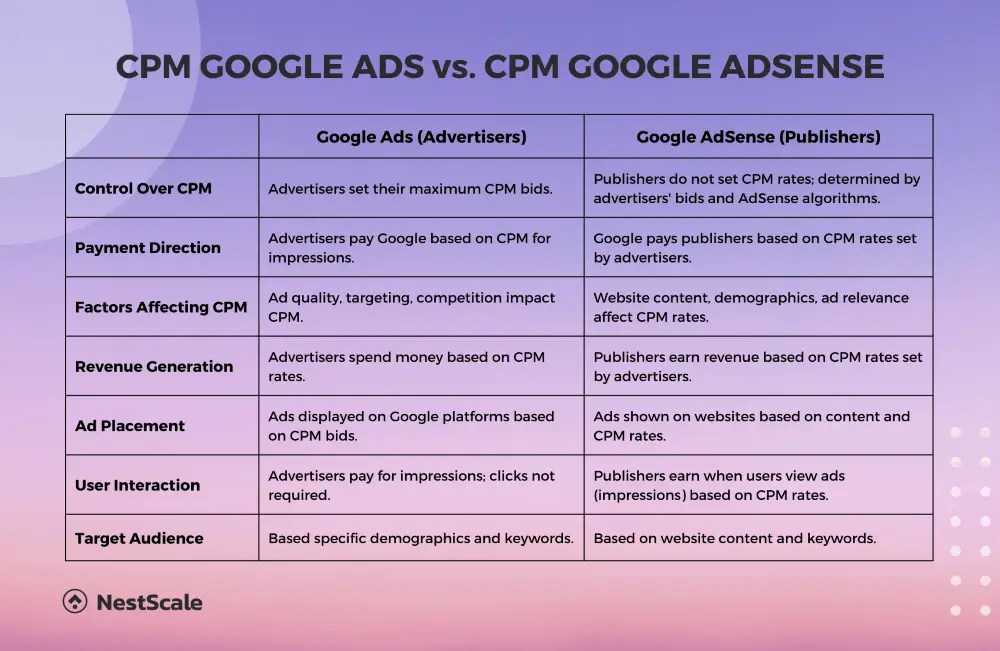
How to calculate CPM Google ads?
Calculating CPM is pretty straightforward. First, you need to know how much you spent on your ad campaign, which is your total billed cost. Then, figure out how many times your ad was shown, called impressions. Here’s the math part: divide your total cost by the number of impressions.
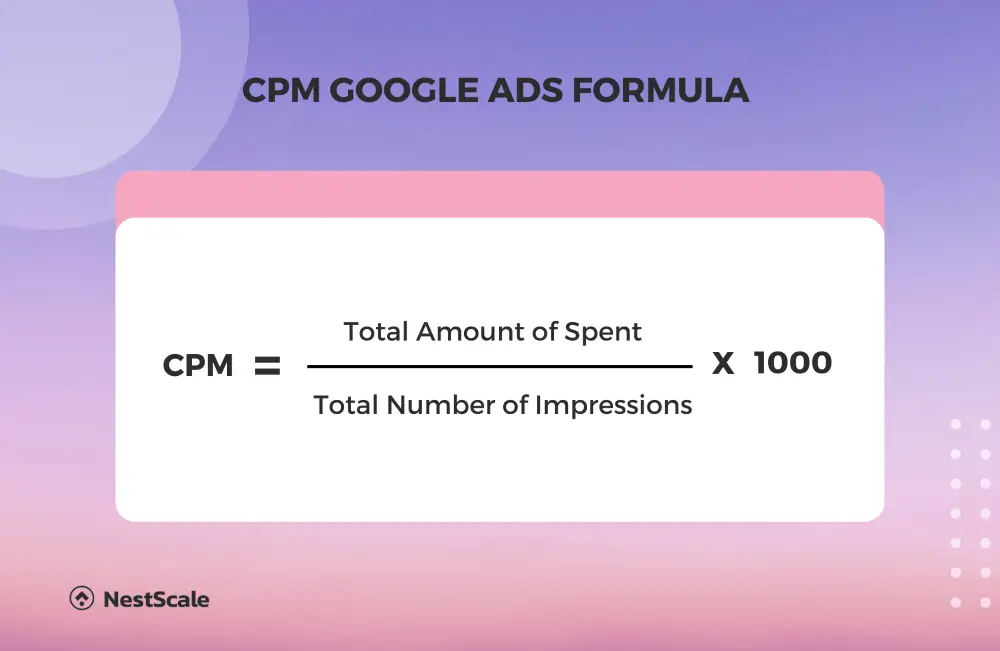
For example, if your ad campaign costs $3,000 and it got 500,000 views:
$3,000 ÷ 500,000 = $0.006 per impression
But since CPM stands for cost per thousand impressions, we multiply this by 1000:
$0.006 × 1000 = $6.00
So, your CPM in this case would be $6.00. That means you spent $6.00 for every thousand times your ad was seen. Simple enough, right?
What is a good CPM for Google Ads?
Based on recent studies, they show that Google Display Ads have an average CPM Google Ads of around $3.12, while Google Search Ads are approximately $38.40. Additionally, from our observation of the CPM of businesses running Google Display Ads, here are the general range of CPM across industries:
| Industry | CPM range |
| Retail/eCommerce | $0.50 – $2.00 |
| Finance/Insurance | $5.00 – $12.00 |
| Technology | $3.50 – $8.00 |
| Healthcare | $2.50 – $6.50 |
| Travel | $1.50 – $4.00 |
| B2B | $4.00 – $9.00 |
| Legal | $6.00 – $15.00 |
| Education | $1.00 – $8.00 |
| Real estate | $2.00 – $15.00 |
So, are these figures considered a good and effective cost for businesses? From our perspective, they should only serve as a reference point rather than a strict guide. Even if your CPM isn’t within the industry range, it doesn’t necessarily mean your ads are ineffective. CPM is influenced by many factors beyond just your industry. The time of year, the precision of your targeting, the performance of your creative, the specific keywords you’re bidding on, etc.– all of these elements contribute to your CPM. These factors can often have a greater impact than the industry average itself.
Furthermore, CPM shouldn’t be the only metric you use to determine if your ads are successful. Remember, it only measures the cost per thousand impressions, regardless of whether it resonates with viewers. To truly understand the effectiveness of your ads, you need a more complete picture. Performance metrics like ROAS or CPA provide a much richer understanding of how well your ads are driving actual business results.
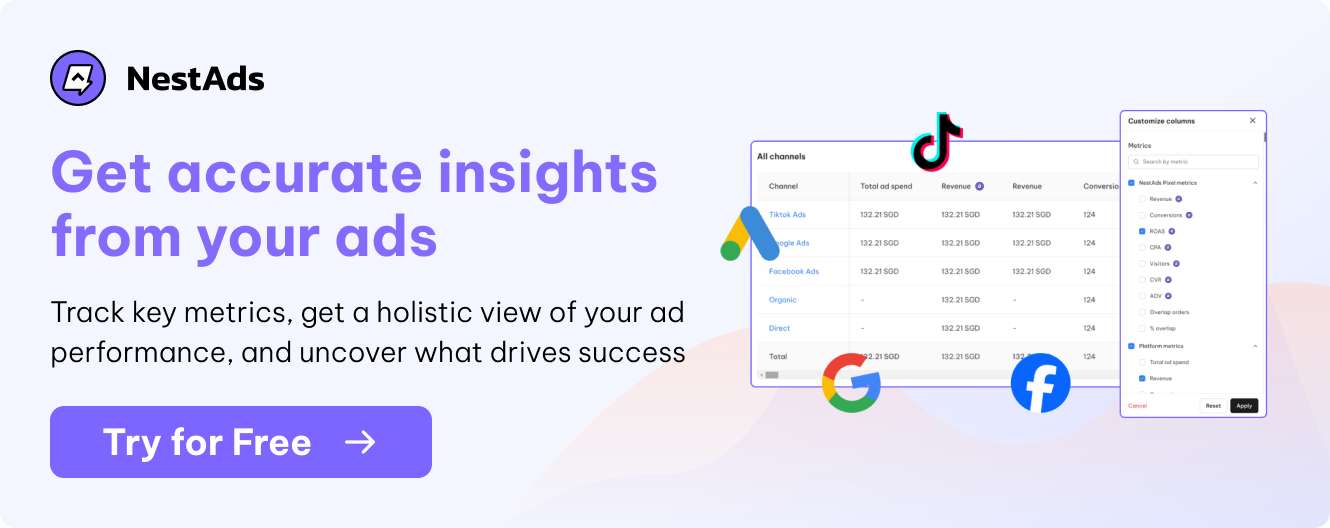
While industry CPM figures provide helpful context, the key to evaluating your ad success is analyzing a combination of metrics that align with your specific goals. Use any analytics tools that conveniently let you view all your ad metrics for the most comprehensive insights.
How to reduce CPM in Google Ads?
If you’re looking to improve Google ads performance, focusing on reducing CPM is a smart starting point. There are various methods to lower your CPM in an advertising campaign.
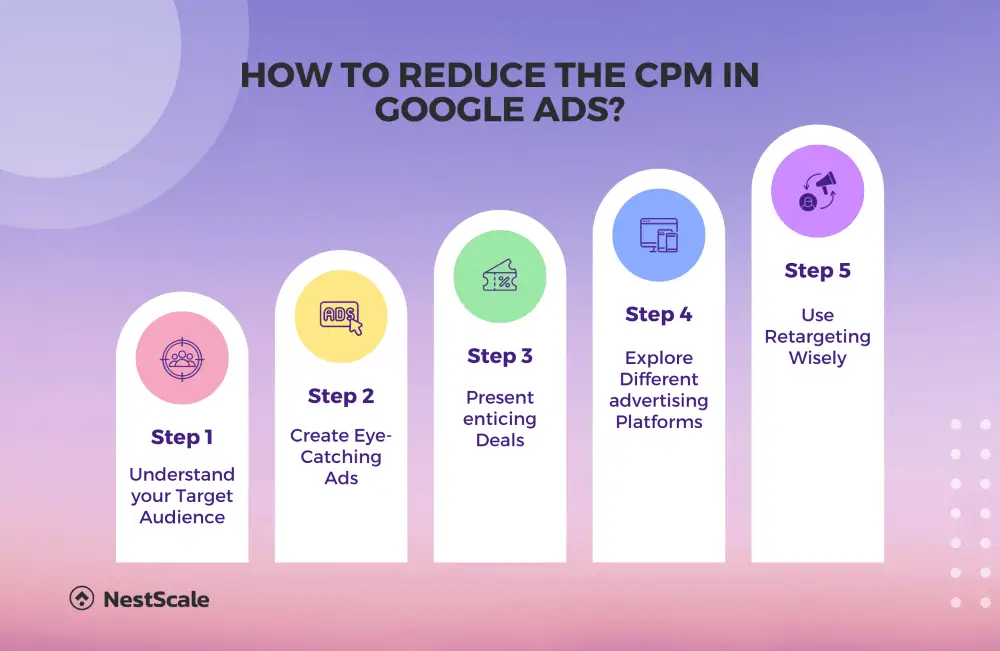
- Know your target audience: Understand your audience’s demographics, interests, and online behavior to create tailored ads. With this information, you can create ads specifically tailored to resonate with them, hence reducing your CPM to reach customers.
- Create eye-catching ads: Catchy visuals and compelling content can encourage viewers to click on your ads. Experiment with different ad formats to discover what attracts the most engagement from your audience. Experiment with different ad formats to find what works best and continuously optimize your creatives to boost CTR and lower CPM.
- Offer irresistible deals: Provide discounts and exclusive offers to create urgency and entice clicks. Test different promotions to see which generates the most engagement. However, ensure your deals are relevant to avoid disapproval from Google Ads.
- Explore different platforms: Identify where your audience is most active. Use platforms like Google Ads, Facebook Ads, or industry-specific options to reduce competition and lower CPM.
- Use retargeting wisely: Re-engage users who have interacted with your site by showing personalized ads. If a user abandoned their shopping cart, show them an ad highlighting the items they left behind along with an exclusive discount for completing the purchase. Retargeting increases conversion chances and lowers CPM by targeting users more likely to engage.
Improve your Google Ads performance with NestAds
Every Google Ads campaign operates uniquely, making it impossible to pinpoint a universal average CPM. Your CPM effectiveness is closely tied to variables like your industry and the specific ads you’re running. Recognizing the significance of CPM and consistently refining it is essential to enhance user engagement, drive traffic, and maximize the impact of your ad campaigns.
This is where NestAds shines—our comprehensive advertising management and marketing attribution software. NestAds consolidates all your crucial metrics into a single user-friendly dashboard, offering a transparent overview of your business’s growth.
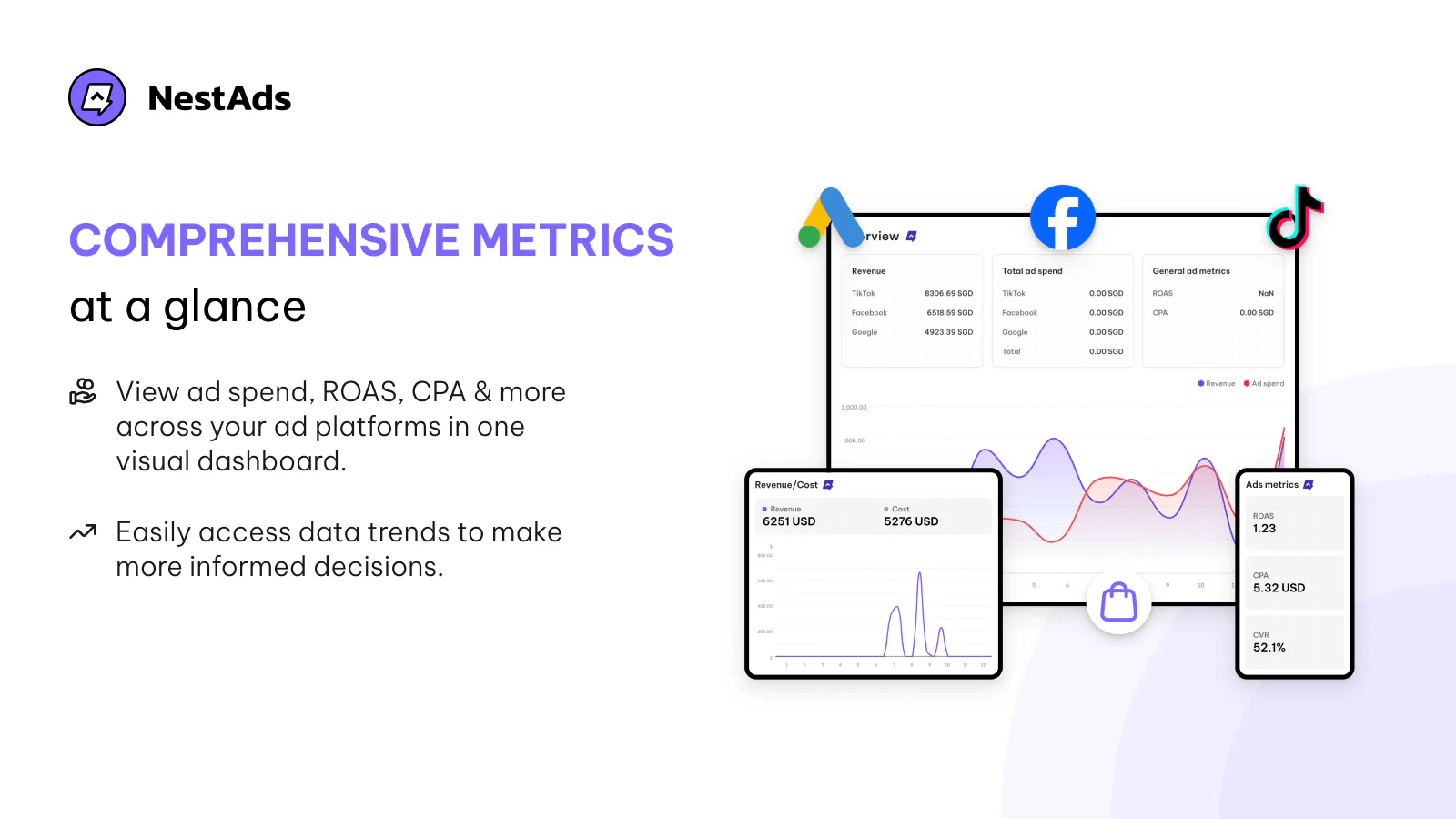
What makes NestAds stand out is its broad reach, spanning across various advertising platforms. Our NestAds Pixel simplifies the process, allowing seamless monitoring and analysis of your campaigns across different platforms, utilizing first-party data. This empowers you to make precise, data-driven decisions that lead to outstanding results. Ready to enhance your advertising strategy?
FAQs
Why should you update your value CPM frequently?
Google Ad Manager selects the highest bidder based on your forecasted value CPM rates. If these rates are not current, your networks might be vying with inaccurate rates, hindering your ability to fully capitalize on ad revenue.
By refreshing your value CPM rates monthly, you stand to enhance your revenue. Consider setting a monthly reminder in your calendar to ensure your value CPMs are regularly updated.
How does CPM work?
In this model, the cost is determined per thousand views of an ad, irrespective of whether it leads to any clicks or conversions. This approach is favored for increasing brand awareness rather than direct response campaigns.
Is CPM advertising right for your business?
CPM advertising can be particularly beneficial for newer or smaller businesses aiming to enhance their market visibility without a substantial marketing budget. It offers a low-cost entry point for brand exposure, making it an attractive option for companies still determining their optimal marketing strategy.
However, larger enterprises can also leverage CPM as part of a comprehensive marketing effort to boost awareness. Ultimately, assessing whether CPM aligns with your business goals and offers a satisfactory return on investment is crucial.





